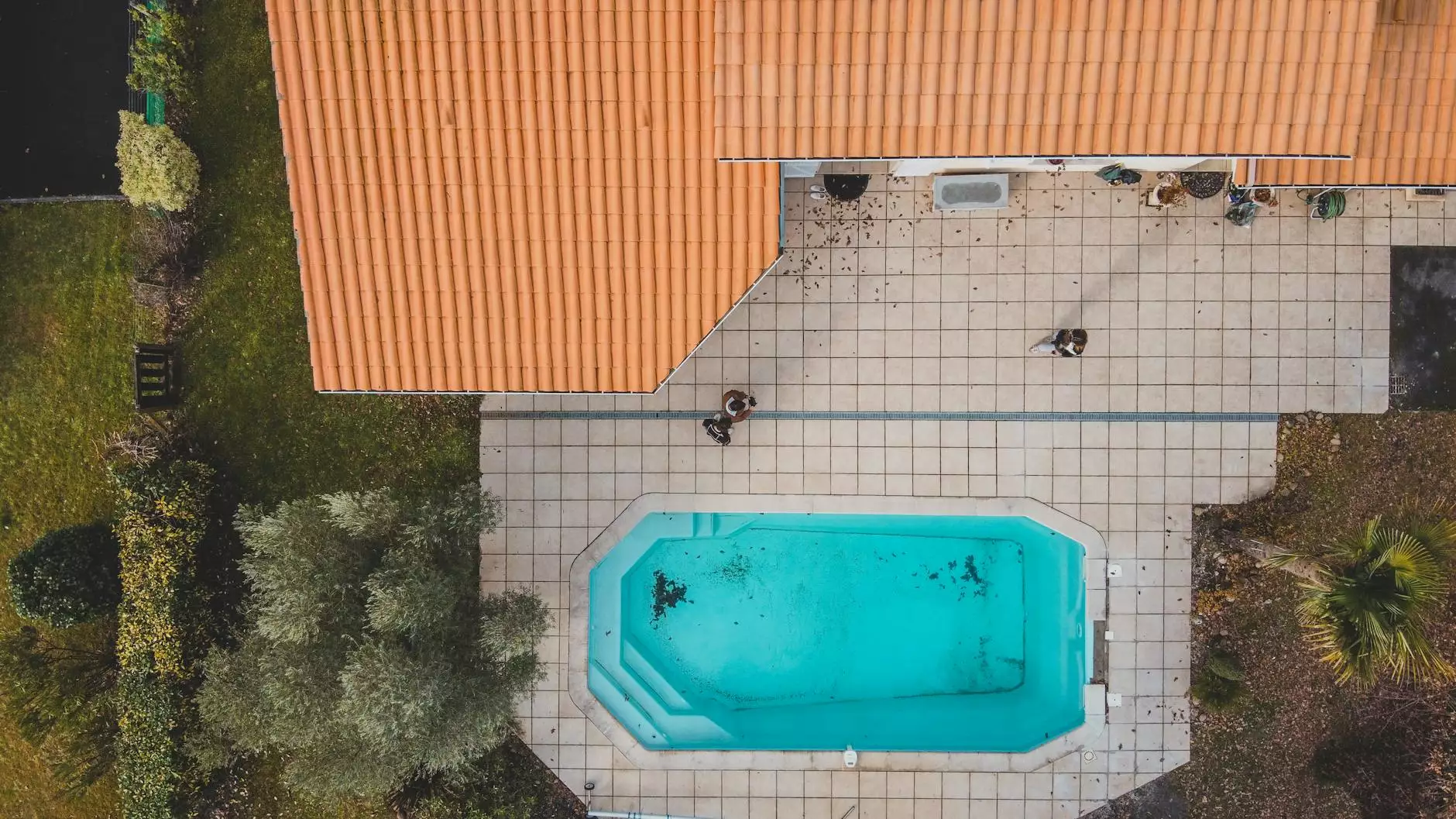Roof Warranty Guide: Types, Length, Coverage, and ...

Introduction
Welcome to Bio-One Atlanta's ultimate roof warranty guide! As experts in business and consumer services - cleaning, we understand the importance of protecting your roofing investment. In this comprehensive guide, we will cover different types of roof warranties, their lengths, coverage details, and important considerations to help you make informed decisions. Let's dive in!
Understanding Roof Warranties
Roof warranties are essential in safeguarding your home or business from unforeseen damages and ensuring long-term protection. These warranties typically come in two main forms:
1. Manufacturer's Warranty
A manufacturer's warranty, also known as a material warranty, provides coverage for roofing materials against defects such as cracking, splitting, or premature aging. These warranties vary in their length and coverage, depending on the manufacturer. It's crucial to review the warranty terms and conditions to understand what is included and excluded from the coverage.
When considering a manufacturer's warranty, pay attention to:
- The duration of coverage, which may range from a few years to several decades
- Transferability, allowing the warranty to be transferred to a new owner if you sell the property
- Proration, which determines the level of coverage as the warranty ages
- Exclusions, such as damage caused by improper installation, extreme weather, or lack of proper maintenance
2. Workmanship Warranty
A workmanship warranty, also known as an installation or labor warranty, covers the roof's installation and workmanship. This type of warranty provides protection against leaks, improper installation, and other issues resulting from installation errors.
Key factors to consider when evaluating a workmanship warranty include:
- Length of coverage, typically ranging from a few years to a decade
- Scope of workmanship covered, ensuring the warranty includes the entire roofing system
- Conditions that may void the warranty, such as repairs or modifications done by unauthorized parties
Factors Influencing Roof Warranty Coverage
While warranties offer protection, it's essential to understand the factors that may influence the coverage provided. Here are a few key considerations:
1. Proper Roof Installation
To ensure warranty coverage, it's crucial to have your roof properly installed by certified professionals. Improper installation can void the warranty, leaving you responsible for any potential damages.
2. Regular Roof Maintenance
Most warranties require regular maintenance, such as roof inspections, gutter cleanings, and timely repairs. Failure to comply with these maintenance requirements may result in the warranty becoming void or limited in its coverage.
3. Extreme Weather Conditions
Roofs are exposed to various weather conditions, including heavy rain, snow, hail, and extreme temperatures. While warranties provide coverage against defects, they may not cover damages caused by severe weather events. Review the warranty terms to understand the limitations in such cases.
Tips for Choosing the Right Roof Warranty
When selecting a roof warranty, it's essential to consider your specific needs and circumstances. Here are a few tips to help you make an informed decision:
1. Research Different Manufacturers
Take the time to research and compare warranty offerings from different manufacturers. Consider factors such as reputation, product quality, warranty duration, and coverage terms before making a decision.
2. Consult with Roofing Professionals
Seek advice from experienced roofing professionals who can guide you through the warranty selection process. They can provide valuable insights based on their knowledge and expertise to ensure you choose the right warranty for your roof.
3. Review Warranty Documents Carefully
Before finalizing any warranty, thoroughly review the terms and conditions. Pay close attention to coverage limitations, exclusions, and any maintenance requirements to avoid surprises in the future.
4. Understand Transferability
If you plan to sell your property, consider warranties that are transferable. Transferring the warranty to the new owner can increase the property's value and provide peace of mind to the buyer.
Conclusion
With our comprehensive roof warranty guide, you are now equipped with valuable information to protect your roofing investment. Remember to carefully review both the manufacturer's and workmanship warranties, considering factors like coverage, length, and limitations. By making informed decisions and taking necessary precautions, you can ensure long-term protection and peace of mind for your home or business. For professional roof installation, maintenance, and warranty support, contact Bio-One Atlanta, your trusted partner in business and consumer services - cleaning.










